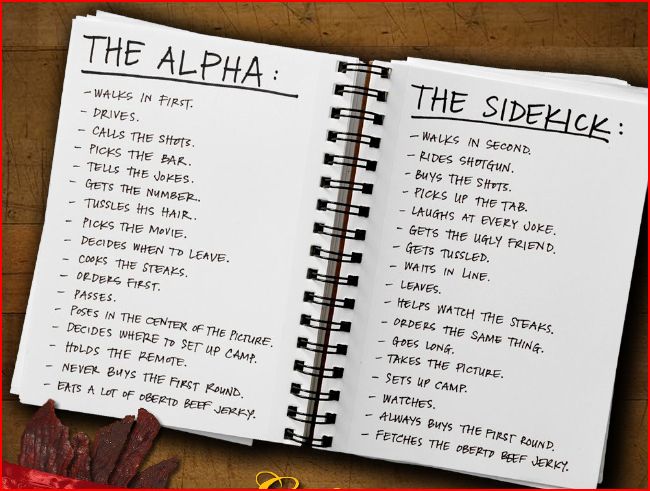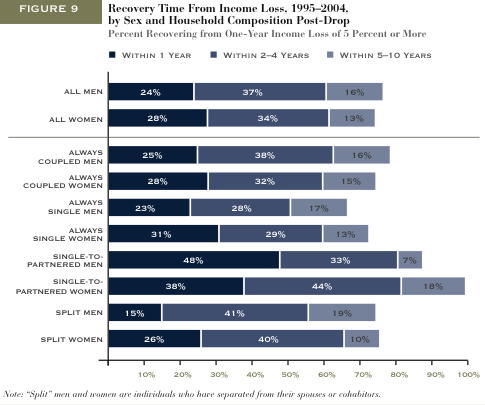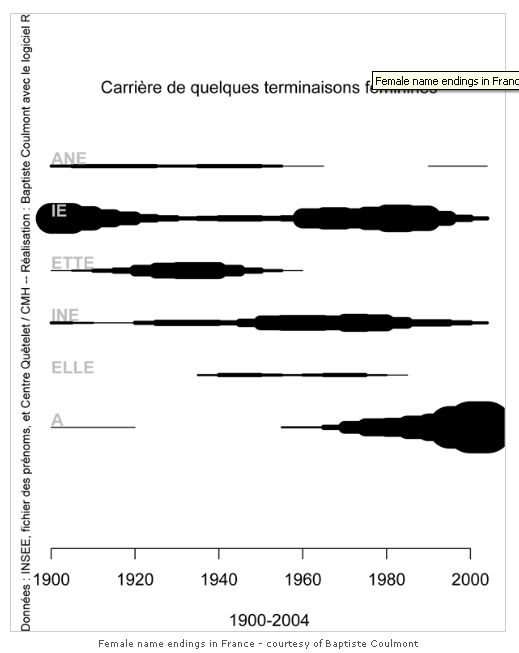Feminist scholars argue that patriarchy relies not just on a hierarchy that places men above women, but a hierarchy of men that punishes men who don’t obey rules of masculinity.
An advertising campaign for Oberto Beef Jerky, sent in by Kate S., nicely illustrates the threat to men if they don’t comply with patriarchy.

The threat is: If you’re not an “Alpha,” then you’re a “Sidekick.”

The Alpha is first; the Sidekick is second. The Alpha gets served; the Sidekick serves. The Alpha gets the hot chick; the Sidekick gets the “ugly friend.” The Alpha makes the decisions; the Sidekick takes them.
In one part of the website, it actually encourages you to “establish your dominance.” It features taunting emails and cards that you can send to your friends to trick them into looking like idiots/being your sidekick.
UPDATE: In the comments thread, Toban B. (T B) had a really nice observation:
As Murray Bookchin has written, language about ‘alpha males’ naturalizes hierarchy.
Bookchin highlights how people have conflated animal and insect interactions (e.g. ‘queen’ bees) with societal structures created by humans — as opposed to the far more instinctual of relations of non-human creatures. (For Bookchin, there is a continuum between humans and other life forms, so these distinctions aren’t binaries.) Basically, the point here is that if human hierarchies are the same as instinctual hierarchies (e.g. interactions with a lion ‘king’), then the human hierarchies must be just as natural and inevitable — which just isn’t the case.
Joanne suggests, further, that humans, invested in patriarchy and hierarchy, actually project it onto the natural world:
Using the terms “alpha” and “dominance” just reinforces the belief that nature exists within a patriarchal, hierarchical model. It actually doesn’t. I do a lot of work with horses, researching and observing the horse-human relationship, and this whole idea of “dominance” is one that has started with and is kept alive by the patriarchal worldview of Western culture. Many observers of animal behavior are brought up in and continue to live in that worldview, so they impose it on animals and the natural world. If you step outside of that worldview, what you find in the natural world is something entirely different.
—————————
Lisa Wade is a professor of sociology at Occidental College. You can follow her on Twitter and Facebook.
Lisa Wade, PhD is an Associate Professor at Tulane University. She is the author of American Hookup, a book about college sexual culture; a textbook about gender; and a forthcoming introductory text: Terrible Magnificent Sociology. You can follow her on Twitter and Instagram.


























